In the 1930s, under the leadership of Gazi Mustafa Kemal Atatürk, efforts were initiated to establish iron and steel factories in Türkiye.
Fevzi Çakmak, the General Staff Commander at the time, stated about the location of the factories to be established, "It should be established in a place that is too deep to fall into the cannon range of the enemy army, too hidden for the infantry to reach, and too steep for the cavalry to reach at a gallop." The destiny of the 13-household Karabük Neighborhood of the Öğlebeli village of Safranbolu, where the specified paddy fields were located, changed.
In those years, Karabük Neighborhood, which appeared on maps only because it was named after a train station passing near it and now in the middle of the city, was laid the foundation of Türkiye's first heavy industry by İsmet İnönü, the Prime Minister of the time, on April 3, 1937.
Founded 87 years ago today, Kardemir was established to supply Türkiye's iron and steel needs. Especially during World War II, it was aimed to reduce dependence on foreign resources and increase domestic production. Established on November 10, 1936, within the framework of a loan agreement signed with the United Kingdom, the factory was one of the important steps towards the industrialization and economic independence of Türkiye.
The establishment process of the factory progressed quite rapidly. Founded on April 3, 1937, Kardemir became operational on June 6, 1939 with the commissioning of the power plant and started to produce iron and steel for the country. On September 9, 1939, the factory commissioned its blast furnaces. Initially capable of processing 1,000 tons of coal per day, the factory soon increased its production and was able to meet a significant portion of the country's iron and steel needs.
Production and Expansion
With the launch of Kardemir, the iron and steel production capacity of Türkiye has increased significantly. The factory utilized modern technology to produce high quality iron and steel products. Blast furnaces, steel mills, pipe mills and rolling mills used in the production process formed the integrated structure of the factory. Karabük and its surroundings experienced an economic revival. The factory created job opportunities in the region and made significant contributions to the local economy. In addition, meeting Türkiye's iron and steel needs from domestic resources reduced foreign dependence and strengthened its economic independence.
Kardemir closely followed the technological developments of the period in which it was founded and constantly developed innovative solutions. The factory has continuously invested in new technologies to increase efficiency in the production process and improve production quality.
Social Responsibility and Environmental Impacts
In order to minimize environmental impacts and ensure a sustainable production process, Kardemir has engaged in various environmental protection measures. Additionally, the factory management has invested in various social responsibility projects to ensure the well-being and safety of employees.
Perspective for the Future
Karabük Demir Çelik, continues to have an important role in Türkiye's industrialization and economic development process. By producing innovative solutions, the factory continues to work to maintain its leading position in the iron and steel sector of the country and to contribute to the economic growth of the country.


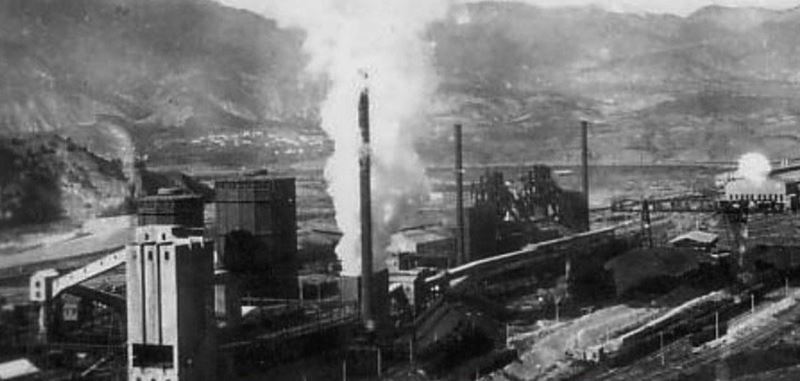

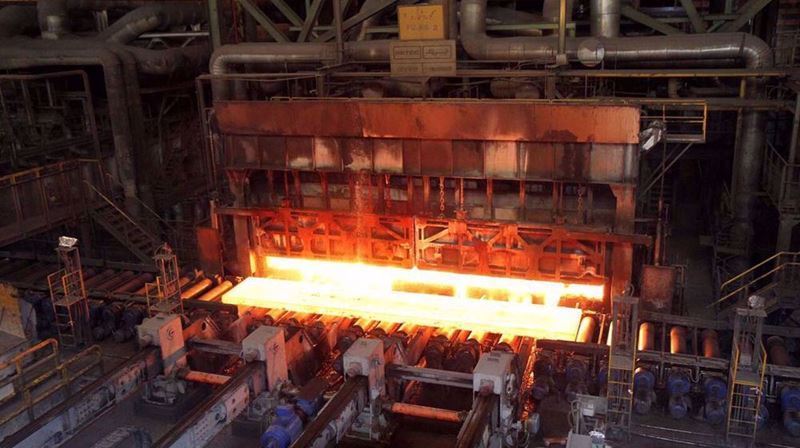
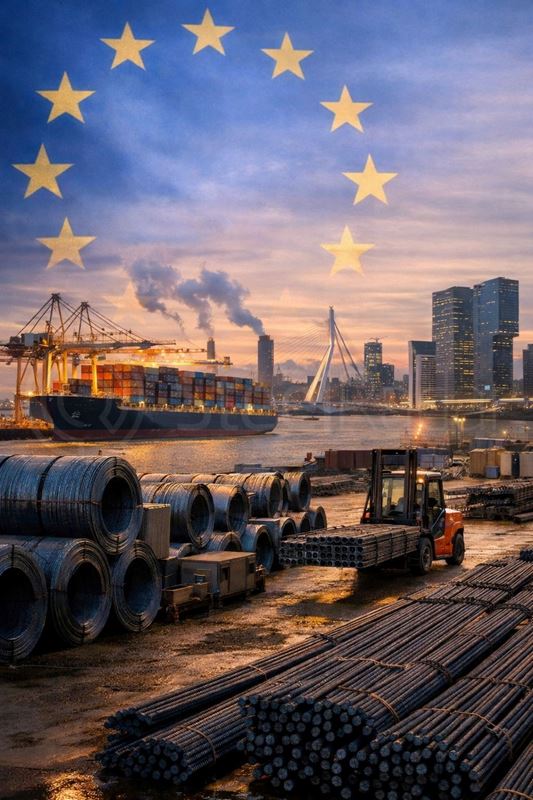
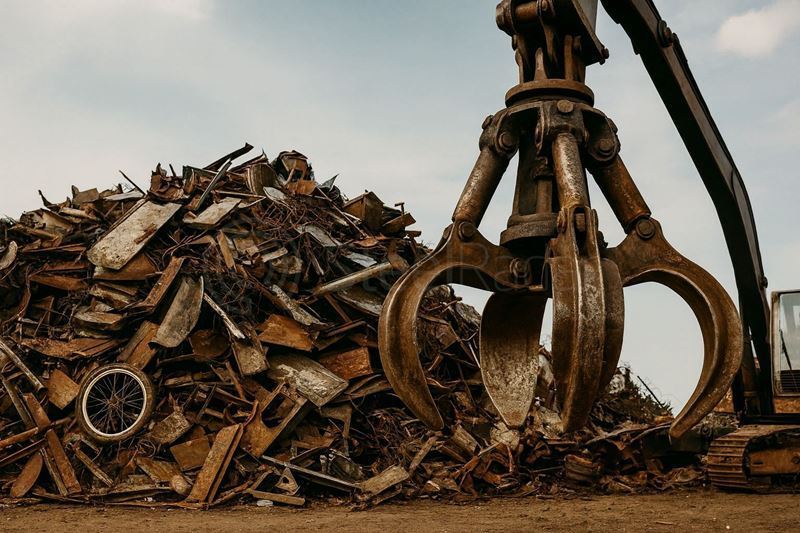
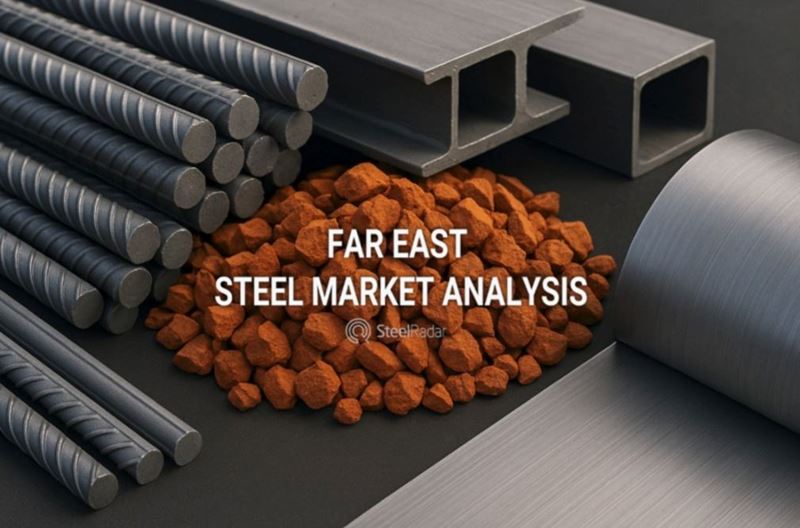

Comments
No comment yet.